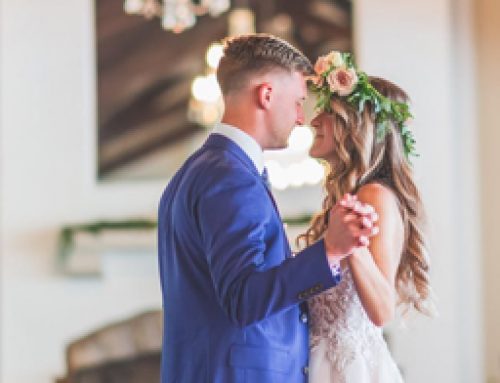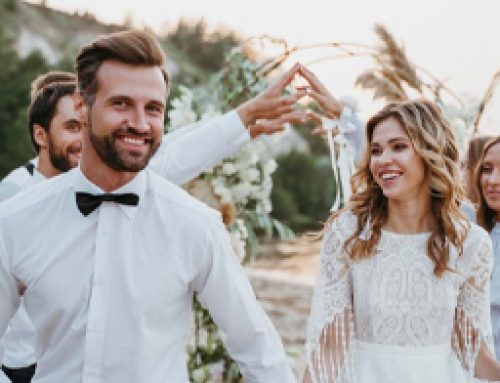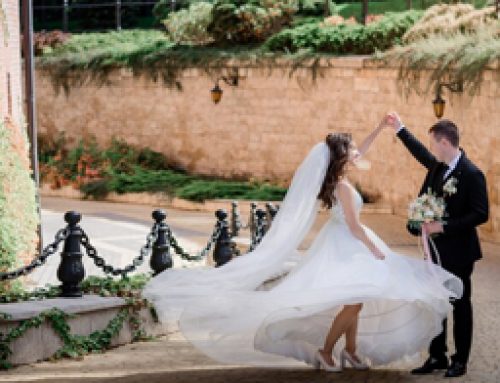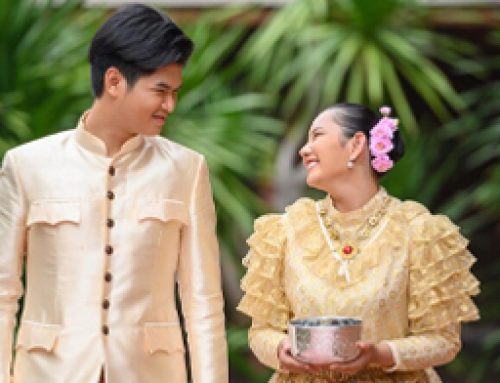Pakistani Wedding Tradition
Pakistani weddings are vibrant, colourful, and culturally rich celebrations that involve a series of customs, traditions, and rituals. These weddings are deeply rooted in Pakistani culture, and each region and community may have its unique variations. Let’s explore some of the prominent Pakistani wedding traditions in more detail:

Pre-Wedding Rituals:
Mangni/Engagement:
The engagement ceremony marks the formal announcement and agreement of the couple’s union. The families exchange rings and gifts as a symbol of their acceptance and commitment to the marriage.
Mehndi:
The Mehndi ceremony is a joyful event where intricate henna designs are applied to the hands and feet of the bride and female guests. It includes music, dancing, and singing performances, often accompanied by traditional dholki drums. Mehndi signifies good luck, love, and beauty.
Dholki:
Dholki is a musical gathering held a few days before the wedding. The bride’s family and friends gather to sing traditional wedding songs, accompanied by the beats of a dholki (a hand-drum). It is a lively and interactive event where everyone participates in singing and dancing.
Wedding
Nikah:
Nikah is the Islamic marriage contract ceremony and is the most important part of a Pakistani wedding. It is conducted by an Islamic religious authority or a Qazi. The bride and groom, along with their families and witnesses, gather to recite religious verses, exchange vows, and sign the marriage contract. The Nikah establishes the legal and spiritual bond between the couple.
Baraat and Rukhsati:
Baraat: The Baraat is the groom’s procession, where he arrives at the wedding venue with his family and friends. The groom is traditionally seated on a decorated horse or in a luxury car. The Baraat is accompanied by music, dancing, and fireworks, creating a grand and celebratory atmosphere.
Rukhsati: The Rukhsati is an emotional moment when the bride bids farewell to her family and leaves with her husband to start a new life. It symbolises the bride’s formal departure from her parental home. The bride’s family blesses her and showers her with petals as she steps into the car or palanquin that will take her to the groom’s home.
Walima:
The Walima is a reception hosted by the groom’s family. It is a formal event where family members, friends, and acquaintances come together to celebrate the couple’s marriage. The Walima usually takes place a day or a few days after the wedding and is marked by a lavish feast.
Post-Wedding Traditions:
Chauthi: The Chauthi is a post-wedding ritual that takes place on the fourth day after the wedding. It involves the bride returning to her parental home to visit her family, accompanied by her husband. This visit allows the bride to reconnect with her relatives and celebrate the beginning of her new life.
Valima:The Valima is the groom’s family’s reception, similar to the Walima, but hosted by the bride’s side. It is an occasion for the couple to be introduced as a married couple to the bride’s family and community.
Other customs and traditions may vary depending on the region and cultural background. Pakistani weddings are known for their elaborate and colourful attire, exquisite jewellery, traditional cuisine, and warm hospitality. They provide an opportunity for families and communities to come together, celebrate love and union, and uphold age-old customs and traditions.
Seasons5 in Point Cook is a great location to hold your wedding. From the venue to onsite catering, our team is there to make your special day memorable. With ample parking, luxurious amenities and gorgeous venues, you can enjoy the wedding celebrations with your loved ones and friends. Contact us on 03 8376 5300 or email us at contact@seasons5.com for more details.








